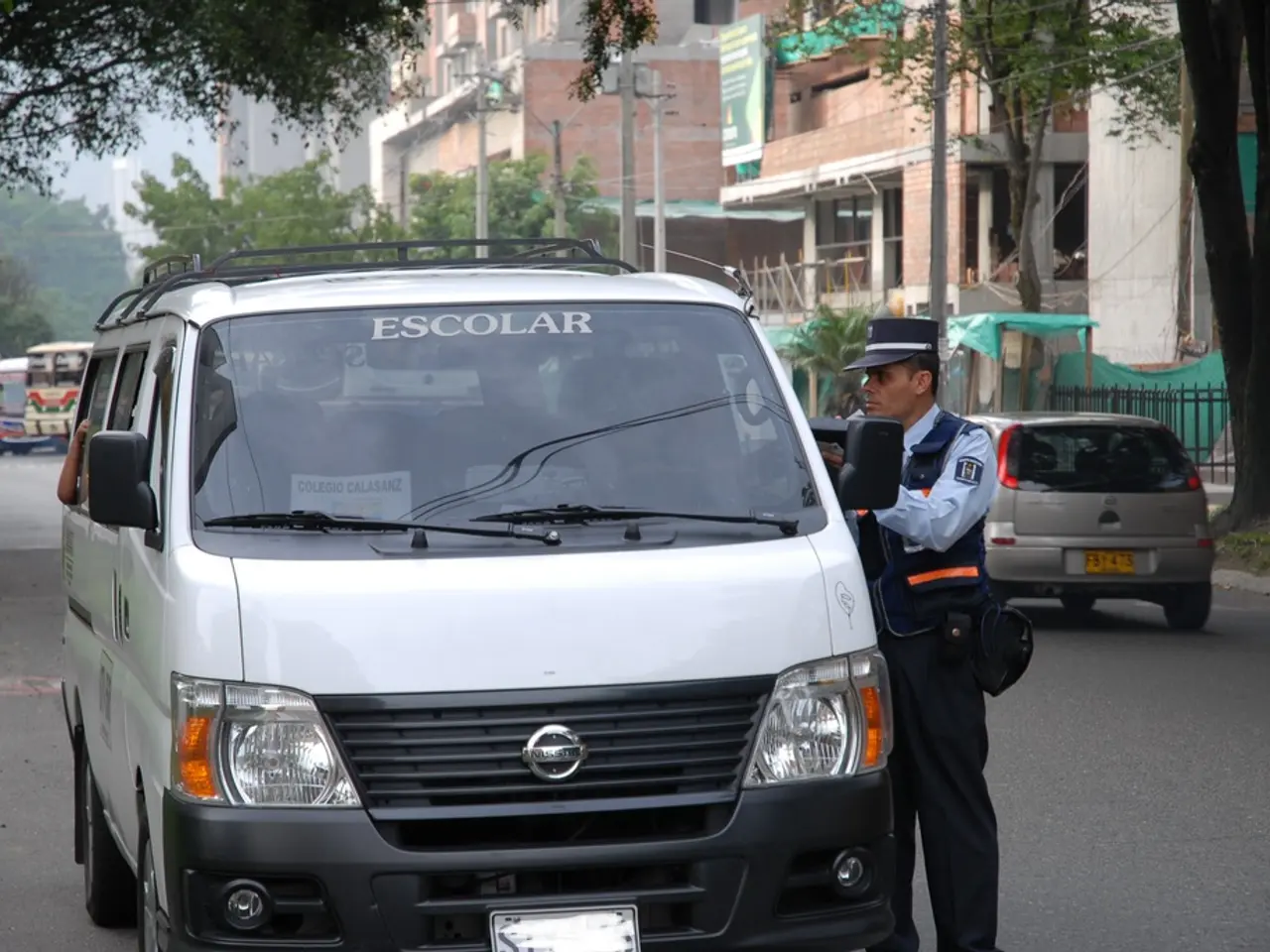Expansion of Gaza war is met with opposition from Israel's top military leader
In the ongoing conflict that began in October 2023, the Israeli military currently controls 75% of Gaza. This control came after nearly two years of war, during which Hamas launched attacks on southern Israeli communities. The war has resulted in the displacement of approximately two million people, leaving the region on the brink of famine.
A public poll shows that there is significant support for a diplomatic deal to end the war and secure the release of hostages. It's worth noting that most of the hostages freed so far have been a result of diplomatic negotiations, not military action.
However, the Israeli government, led by Prime Minister Netanyahu, is reportedly planning to expand its military operations. This expansion aims to take full control of Gaza City, potentially displacing around 800,000 civilians by October 7, 2025. The military presence could last up to five months to clear Gaza of armed groups.
This escalation aims to defeat Hamas, disarm the group, release hostages, and establish an alternative civilian administration independent of Hamas and the Palestinian Authority.
The international community, including the United Nations and countries like France, strongly condemn these plans. The UN warns that this operation risks "igniting another horrific chapter" in the conflict, worsening the humanitarian crisis, causing mass displacement, and destabilizing the region further. The UN calls for the protection of civilians, unconditional release of hostages, humanitarian access, and stresses that "there is no military solution" to the conflict, emphasizing the need for a two-State solution.
France condemns the potential occupation and forced displacement as violations of international law that undermine peace prospects and regional stability. They urge Hamas to release hostages and accept ceasefire proposals while calling for multilateral efforts toward a political resolution and an international stabilization mission.
Israeli officials, including Prime Minister Netanyahu, see this operation as necessary for defeating Hamas and securing Israel’s safety. However, the operation’s broad scope and the scale of civilian displacement have drawn urgent calls from the UN and international actors for restraint, humanitarian protection, and renewed political dialogue.
The ceasefire talks in Qatar broke down last month, and Netanyahu is scheduled to discuss military plans for Gaza with other ministers on Thursday. Reports suggest that he wants to expand military operations to put pressure on Hamas.
Intriguingly, Israel's military chief, Eyal Zamir, has expressed opposition to Prime Minister Binyamin Netanyahu's plans to seize additional areas of Gaza. The military has repeatedly opposed imposing military rule, annexing the territory, and rebuilding Jewish settlements in Gaza.
As of now, there are still 50 hostages being held in Gaza, with at least 20 believed to be alive. An expansion of the military offensive in heavily populated areas would likely be devastating.
The prime minister's office has confirmed a meeting between Netanyahu and Zamir, but has declined to comment further. The military did not respond to a request for comment.
[1] The New York Times. (2025). Israel Plans Expansion of Military Operations in Gaza. Retrieved from https://www.nytimes.com/2025/09/01/world/middleeast/israel-gaza-war.html
[2] BBC News. (2025). UN Warns of Humanitarian Crisis as Israel Plans Gaza Offensive. Retrieved from https://www.bbc.com/news/world-middle-east-59384173
[3] France 24. (2025). France Condemns Israel's Plans to Occupy Gaza, Calls for Political Resolution. Retrieved from https://www.france24.com/en/2025/09/02-france-condemns-israels-plans-to-occupy-gaza-calls-for-political-resolution
- The escalation in the ongoing war-and-conflicts in Gaza, involving potential military operations by the Israeli government, has sparked considerable politics and general news, with the international community strongly opposing such actions due to the risks of worsening the humanitarian crisis, causing mass displacement, and destabilizing the region.
- Following the breakdown of ceasefire talks, the Israeli government's plan to expand military operations in Gaza has been met with condemnation from the UN and several countries, including France, who view this as a violation of international law and a detriment to peace prospects and regional stability, emphasizing "there is no military solution" to the conflict and advocating for a two-State solution instead.





